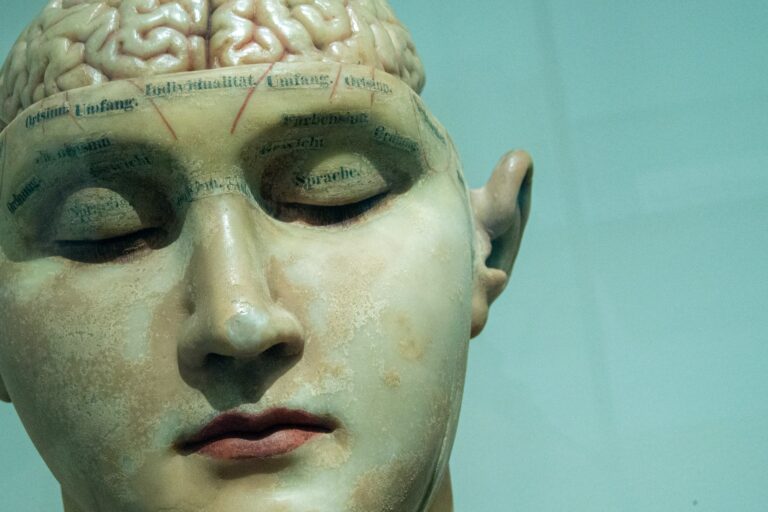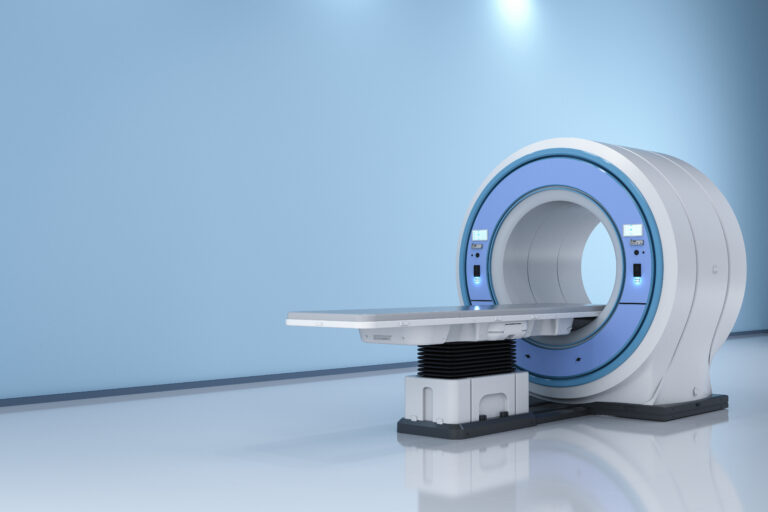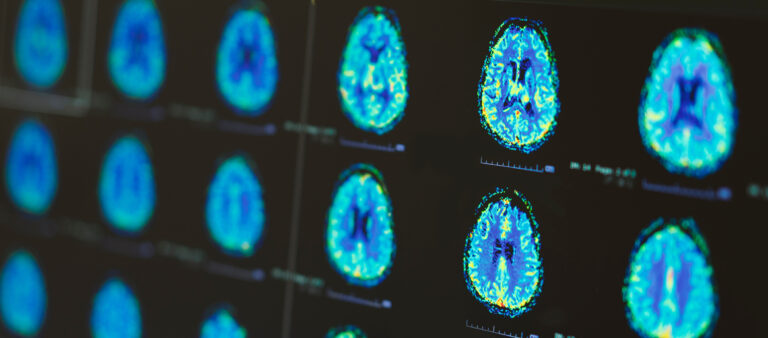Eating right after swimming is generally recommended, especially within 30 to 60 minutes post-exercise, to help replenish energy stores and support muscle recovery. Consuming a balanced snack or meal containing carbohydrates and protein after swimming aids in restoring glycogen and repairing muscles, which can improve recovery and overall performance[1].
Swimming is a full-body workout that burns a significant number of calories—about 423 calories per hour at a moderate pace for a 160-pound person, and even more at higher intensities[3][4]. Because swimming uses multiple muscle groups against water resistance, it creates a high demand for energy and muscle repair. After such exertion, the body’s glycogen stores (the stored form of carbohydrates in muscles and liver) are depleted, and muscle fibers experience micro-damage that needs repair. Eating carbohydrates replenishes glycogen, while protein provides amino acids necessary for muscle repair and growth[1].
The timing of post-swim nutrition is important. Research and expert recommendations emphasize eating within 30 to 60 minutes after swimming to maximize recovery benefits[1]. Skipping this window or neglecting to eat after swimming does not directly cause illness but may lead to increased fatigue and stress, which can weaken the body’s resilience over time[1]. This means that while not eating immediately after swimming won’t cause you to get sick, it can impair your recovery and immune function indirectly.
It is also worth noting that the common belief that cold water or swimming itself causes colds or sickness is a misconception. Illness after swimming is more often related to exposure to pathogens in contaminated pool water or other environmental factors, not the act of swimming or eating timing[1].
For practical advice, a post-swim snack or meal should ideally include:
– **Carbohydrates:** To replenish glycogen stores (e.g., fruits, whole grains, or sports drinks)
– **Protein:** To aid muscle repair (e.g., yogurt, lean meats, eggs, or protein shakes)
– **Hydration:** Replenishing fluids lost through sweat and respiration is also critical[1][3]
Examples of good post-swim snacks include a banana with peanut butter, a turkey sandwich, or a smoothie with protein powder and fruit.
In summary, eating after swimming supports recovery by refueling energy stores and repairing muscles. The best practice is to consume a balanced snack or meal within an hour after swimming. This approach helps maintain energy levels, reduces fatigue, and supports immune function, enabling swimmers to perform better and stay healthier over time[1][3][4].
—
Sources:
[1] HealthAndMe.com, “A Viral Instagram Post Makes Several Claims On What Makes Your Kids Sick After a Swimming Session,” 2023.
[3] GoDigit.com, “17 Benefits of Swimming,” 2025.
[4] Pilot.com.au, “Is Swimming Good for Weight Loss?”





